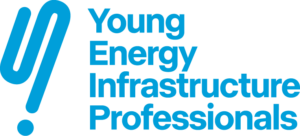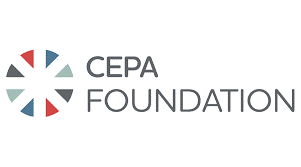

Event Summary:
On October 6, 2021 the Young Pipeliners Associate of Canada (YPAC) hosted the fourth session of the CEPA Foundation Pipeline 101 series. During the presentation, our wonderful presenter Ryan Stewart provided an overview of the machine learning methods and discussed some best practices for a successful application in pipeline engineering. If you missed the session a recording can be found below, other sessions in the series can be found here.
About The Presentation:
From self-driving cars to voice assistants built into cell phones, machine learning methods have enabled significant technical achievements in recent years, however these methods are still in the early stages of application in conventional and regulated industries. This presentation provides an overview of machine learning methods and will discuss best practices for a successful application in pipeline engineering. Subject matter discussed will include typical causes of model inaccuracy, the challenge of model interpretability, current use cases of machine learning in finance, medicine, and government along with examples of how machine learning models can be used to enhance the risk assessment of transmission and distribution pipelines.
Topics covered:
- What is AI?
- How do AI projects work?
- How do I evaluate an AI project?
- How can AI be used in the pipeline industry?
- How can I get started with AI?
- Resources for Continued Learning
About the Speaker:
Ryan Stewart graduated from the Integrated Engineering Program at the University of British Columbia’s in 2019, where he specialized in Pipeline Engineering. UBC’s Integrated Engineering program allows students to complete projects with students of different interests, varying from environmental engineering to electrical and computer engineering. Ryan participated in UBC’s co-op program, where he gained industry experience working at TC Energy.
In Ryan’s three years working in the industry, he has been involved in design, construction, and operation of pipelines. Ryan currently works at Integral Engineering as a Junior Project Engineer (EIT) where he builds risk models for pipeline companies using statistical and machine learning methods.
